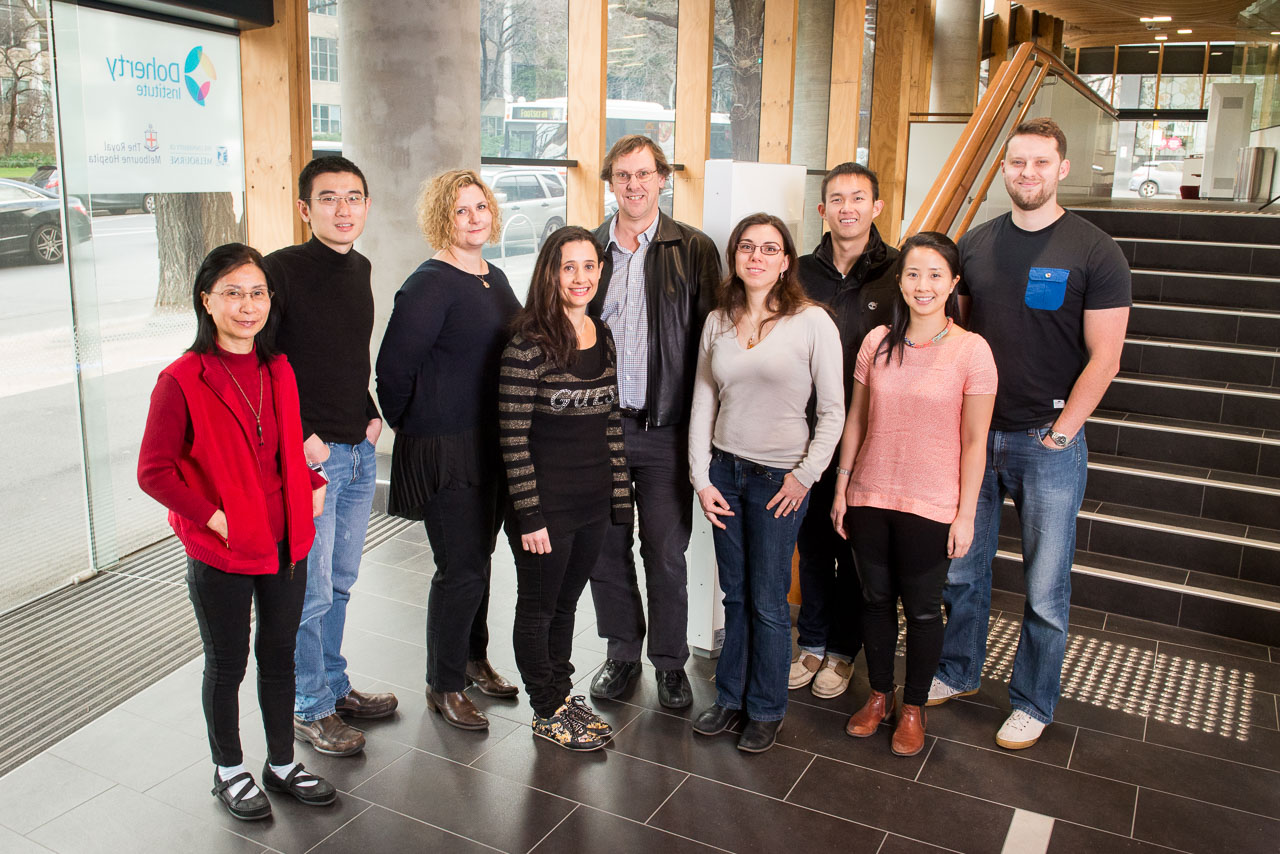-
Natural killer cell receptor biology
The killer cell immunoglobulin-like receptors (KIR) recognise distinct groups of highly variable proteins called histocompatibility molecules and regulate natural killer cell responses in infection and cancer. However, the KIR proteins themselves are also highly variable, which in turn impacts on which histocompatibility molecules are recognised. Andrew’s group is defining exactly how variation in KIR impacts on their specificity in an attempt to understand which individuals will have better natural killer cell responses to infection and cancer.
-
The role of HLA-E in transplantation
HLA-E is a non-classical histocompatibility molecule that regulates both natural killer and T cell responses. Recent evidence suggests that a subset of natural killer cells that recognises HLA-E has a greater capacity to control viral infection. Andrew’s group is investigating whether these cells impact the outcome of transplantation where patients often suffer from repeated infections as a result of immunosuppression. They have also identified a population of T cells that bind HLA-E and respond to cytomegalovirus - a common infection following transplantation. They are assessing how these cells, which are commonly graft reactive, affect organ survival in lung transplant recipients.
-
Differentiation of virus specific helper T cells
Helper T cells are crucial for the generation of robust immune responses to most pathogens. A key feature of these cells is their capacity to take on functions that are the most effective in combatting particular types of infections. Andrew’s group is assessing how viral infections instruct these T cells to acquire both anti-viral activity and the capacity to home specifically to infected tissues.

Professor Andrew Brooks
(03) 8344 9925 | agbrooks@unimelb.edu.au
- Position:
- Deputy Director and Head of Department of Microbiology and Immunology
- Theme(s):
- Immunology
- Discipline(s):
- Education & Professional Development
- Unit(s):
- Department of Microbiology and Immunology (DMI)
- Lab Group(s):
- Brooks Group
Professor Andrew Brooks is an immunologist interested in immune recognition strategies, in particular how immune cells discriminate healthy cells from those infected with viruses or tumours. Before establishing a laboratory in the Department of Microbiology and Immunology, Andrew completed a PhD in immunology at Flinders University in South Australia and post-doctoral training at the National Institutes of Health, USA. It was here Andrew developed an interest in the receptors used by lymphocytes called natural killer cells that allow them to target tumours or virus-infected cells. Since returning to the University of Melbourne, Andrew’s research has continued to focus largely on receptors that regulate lymphocyte activation.



